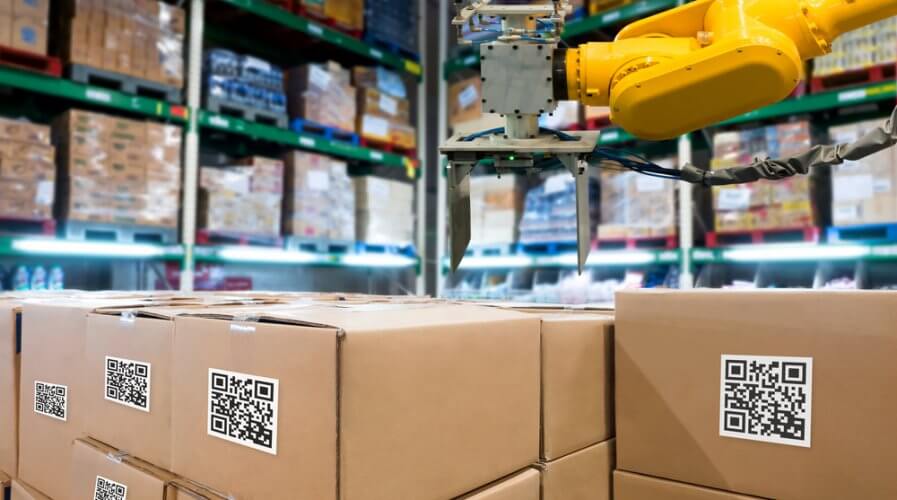
Logistics companies are struggling to meet the demands of e-commerce. Source: Shutterstock
What can transport companies do differently?
AS MORE AND MORE consumers shop online, logistics becomes a critical part of e-commerce operations.
Customers expect shorter delivery times and easier product returns, and brands must deliver.
However, if e-commerce companies fail to deliver on expectations (quite literally) owing to the failures of their logistics partners, there could be serious repercussions.
A new report by Zebra shows that logistics companies are struggling to meet the rising demands of the e-commerce market.
According to the study, more than 70 percent of consumers shop across multiple channels. In contrast, less than half of them are operating at an omnichannel level.
On a related note, more than half of the logistics companies are still using manual pen-and-paper based processes today for omnichannel operations.
This suggests that the logistics industry is not only operating under capacity; those that are fulfilling the demands are working inefficiently.
To make matters worse, more than two-thirds of logistics companies are anticipating same-day delivery capabilities in five years’ time. Over half of them are expecting to deliver products within a two-hour window in ten years’ time.
“Driven by the always-connected, tech-savvy shopper; retailers, manufacturers, and logistics companies are collaborating and swapping roles in uncharted ways to meet shoppers’ omnichannel product fulfillment and delivery expectations,” said Yvonne Lim, Southeast Asia Channels Lead, Zebra Technologies.
One of the biggest challenges for the industry is accepting and managing product returns, with over 90 percent of respondents finding it difficult to fulfill the demand. To that end, retailers are stepping in to fill the gap.
By 2023, nearly all retailers are looking to implement buy online/pick up in store to ease the burden on logistics. Most of them are also expecting to turn stores into fulfillment centers that can accommodate product returns.
Most logistics company are also turning to technology such as handheld mobile computers with barcode scanners to help improve omnichannel logistics.
Radio-frequency identification (RFID) technology and inventory management platforms will provide near real-time information on items.
This will reduce out of stocks, overstocks, and replenishment errors, providing shoppers with a better experience in the process as well.
READ MORE
- Ethical AI: The renewed importance of safeguarding data and customer privacy in Generative AI applications
- How Japan balances AI-driven opportunities with cybersecurity needs
- Deploying SASE: Benchmarking your approach
- Insurance everywhere all at once: the digital transformation of the APAC insurance industry
- Google parent Alphabet eyes HubSpot: A potential acquisition shaping the future of CRM




